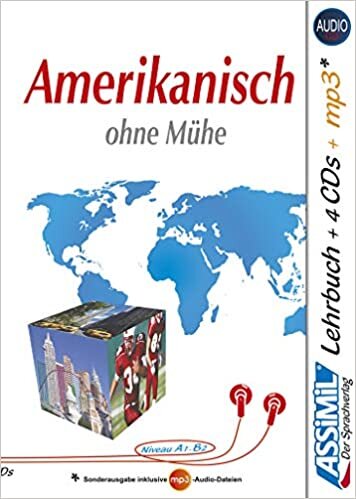Electric, Hybrid, and Fuel Cell Vehicles (Encyclopedia of Sustainability Science and Technology Series) indir kitap bedava
itibaren Springer; 1. basım
Electric, Hybrid, and Fuel Cell Vehicles (Encyclopedia of Sustainability Science and Technology Series)
This volume of "Encyclopedia of Sustainability Science and Technology, Second Edition," covers the electrification of vehicles, which is key to a sustainable future of transportation in both light-duty and heavy-duty vehicle sectors to address global concerns of climate change, air pollutant emissions, energy efficiency and energy security. Vehicle electrification includes several existing and emerging technologies and powertrain architectures such as conventional hybrid electric vehicles (HEVs), plug-in hybrids with various electric driving range, short- and long-range battery electric vehicles, as well as hydrogen fuel cell electric vehicles (FCEVs). Electrification will be key to connected autonomous vehicles, which are perceived to improve mobility, increase safety, reduce energy consumption and infrastructure costs, improve productivity, decrease traffic congestion and increase customer satisfaction. While electrification of vehicle technologies is relatively , technology improvement and economies of scale are needed to compete against incumbent technologies and to realize their benefits in the marketplace. Significant infrastructure development is needed in the case of hydrogen fuel cell vehicles and to a lesser extent for plug-in electric vehicles. Vehicle efficiency improvement is sought through a combination of several approaches, including weight reduction, engine downsizing, increased engine compression ratio with high octane fuels, and the use of compression ignition engines with low octane fuels. Liquid hydrocarbon fuels are needed in applications where high storage energy density is required such as long-haul class-8 combination heavy-duty trucks. Shared mobility is another emerging concept that enables access to transportation services on an as-needed basis. This approach can enhance accessibility to transportation, decrease number of vehicles on the road, reduce energy use and impact on the environment, reduce cost of transportation and the need for parking, and reduce transportation time between origin and destination. In all, the reader will receive a comprehensive introduction to electric vehicles and technology trends, including energy storage, in light-, medium-, and heavy-duty sectors, as well as the infrastructure development that will be required to realize these benefits for society.
Electric, Hybrid, and Fuel Cell Vehicles (Encyclopedia of Sustainability Science and Technology Series):1 Eylül 2021
Popüler yazarlar
Kolektif (3325) KOMİSYON (733) Kollektif (555) Various (379) Arkose Press (305) Anonymous (303) Routledge; 1 basım (295) Routledge (244) Belirtilmemis (241) Cambridge University Press (201) Lonely Planet (192) Fodor's (191) Intl Business Pubn (184) Springer; 1 basım (175) Lem N Lov Publishing (173) DK (147) etc. (128) Springer (124) Varios Autores (116) Collectif (111)En İyi Yayıncılar
Independently Published CreateSpace Independent Publishing Platform CAMBRIDGE UNIVERSITY PRESS Routledge; 1 basım Kessinger Publishing Literary Licensing, LLC Routledge Gale and The British Library Oxford University Press Arkose Press OUP Oxford Forgotten Books Springer; 1 basım MACMILLAN EDUCATION PRENTICE HALL Franklin Classics Trade Press lulu.com Collins Springer Unknown






















